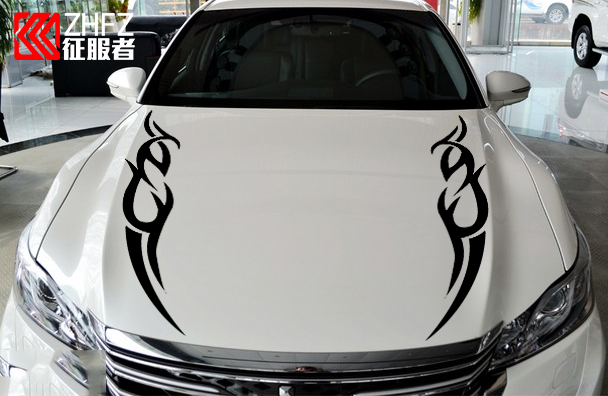欢迎来到 阳泉市某某投资咨询有限责任公司
全国咨询热线: 020-123456789

联系我们
'Pacing, verification critical points of NK
来源:阳泉市某某投资咨询有限责任公司 更新时间:2024-10-30 12:20:53
 |
| John Delury, professor at Yonsei University's Graduate School of International Studies, speaks during an interview with The Korea Times in central Seoul. / Korea Times photo by Kim Bo-eun |
By Kim Bo-eun
While it appears North Korean leader Kim Jong-un is ready to negotiate with the United States on denuclearization, pacing and verification of the process will be two highly contentious facets of the process, according to a North Korea expert.
"These are about how quickly both sides can do what they need to do, and how the opposing sides can have confidence that each are doing what they are saying," said John Delury, professor at Yonsei University's Graduate School of International Studies, in an interview with The Korea Times.
"Pacing will be hard, as the U.S. is posturing that denuclearization should be achieved as fast as possible while North Korea has been signaling the process should be phased. Verification will also be difficult given the reservoir of distrust that both sides have."
Skeptics doubt whether North Korea will give up its nuclear program which the regime has built up for decades, but Delury said Pyongyang's nuclear capabilities may serve as a trade-off for a greater goal.
"We have come to think the nukes are an end in itself and that the regime would never give them up, but that's not my assessment," he said.
"For North Korea, its nuclear capability is a means to an even greater ambition _ for Kim to transform the country into a normal, wealthy North Korea."
In order to show its willingness toward denuclearization, Kim would need to pledge some major steps in his summit with U.S. President Donald Trump, the professor said.
 Memories of hunger cloud North Korean refugee's hopes for Trump-Kim summit 2018-05-11 11:07 | North Korea
Memories of hunger cloud North Korean refugee's hopes for Trump-Kim summit 2018-05-11 11:07 | North Korea "Kim needs to take some fairly dramatic steps that can address the deep mistrust and draw attention from even the hardest cynics."
Some examples could be letting experts see its secret uranium enrichment site, or declaring the size of the regime's arsenal and allowing inspections, he said.
"These are things that can be agreed at the summit and happen quickly afterward."
Meanwhile, the professor pointed out the rapid process of denuclearization and settling of peace on the Korean Peninsula will trigger destabilizing effects, which South Korea needs to brace itself for.
"Making peace with North Korea, ending the Korean War is highly destabilizing because the security architecture (in the region) has been built around this problem," Delury said.
The outlook is that the U.S. forces in South Korea (USFK) could be scaled down if the armistice is transformed into a peace treaty to end the 1950-1953 Korean War and North Korea normalizes its relations with the U.S.
Citing concerns over a possible USFK reduction, he said, "We can see in our reactions to these questions how insecure we are _ are we ready to take steps on our side to achieve peace?"
A flurry of diplomacy continues to unfold ahead of the Pyongyang-Washington summit, with Kim meeting Chinese President Xi Jinping this week and a trilateral summit of leaders of South Korea, Japan and China taking place. Delury referred to the current multi-level summitry as "sophisticated diplomacy."
"This is a much better configuration. We are past six party talks where everyone gets in a room," he said.
With regard to which countries should be involved in ending the Korean War and signing a peace treaty, Delury said a three-member or four-member meeting is a good framework. In the Panmunjeom Declaration announced at the inter-Korean summit, the two Koreas said they would seek a trilateral meeting including the U.S. or a quadrilateral one to include China as well.
"The Panmunjeom Declaration is on solid footing to base negotiations on the three countries while it is good inclusive diplomacy to bring in China," he said.
The professor said the armistice was a military document, not a political one, so the signatories of the armistice would not necessarily need to take part in the process ending the war and signing a peace treaty, but noted China is a critical geopolitical player.
城市分站
友情链接
GG扑克注册 GG扑克下载 GGPoker GGpoker注册 GG扑克注册 GGpoker官网 GG扑克官网 GGPoker GGpoker下载 GGPoker GGPoker GG扑克注册 GG扑克官网 GGpoker下载 GGpoker官网 GGpoker官网 GG扑克官网 GGPoker GG扑克 GG扑克注册 GG扑克注册 GG扑克官网 GGpoker注册 GG扑克 GG扑克官网 GGpoker下载 GGpoker下载 GG扑克下载 GG扑克官网 GGpoker官网 GG扑克下载 GGpoker官网 GGpoker下载 GGpoker注册 GGPoker GG扑克下载 GGpoker注册 GGpoker下载 GGpoker注册 GGpoker官网 GG扑克 GGpoker注册 GG扑克 GG扑克下载 GG扑克下载 GG扑克注册 GG扑克 GG扑克 https://wsopgg.com/archives/1667 https://wsopgg.com/archives/1703
联系我们
Copyright © 2024 Powered by 阳泉市某某投资咨询有限责任公司 sitemap



